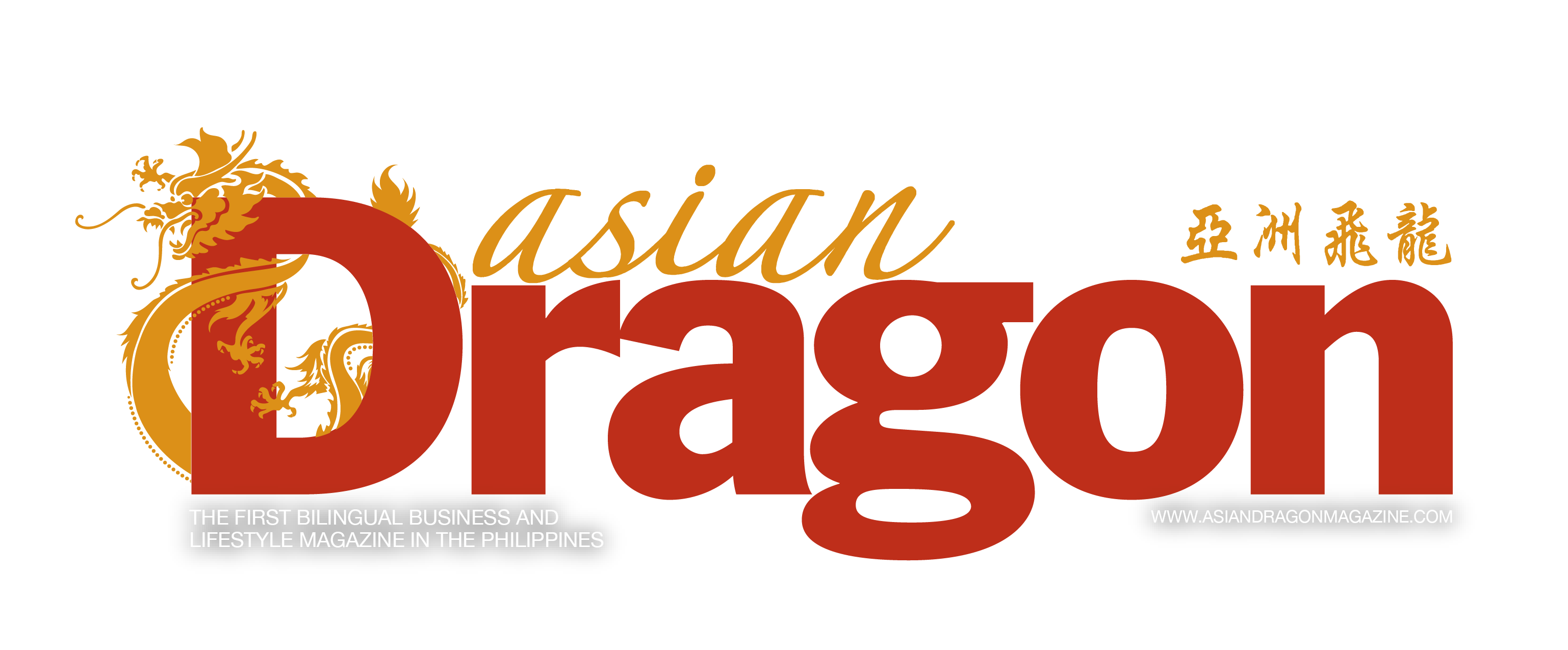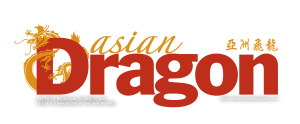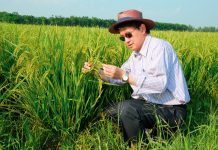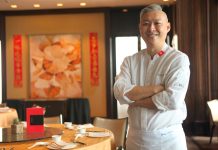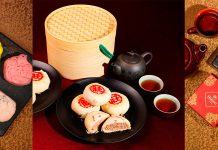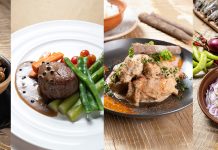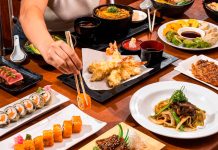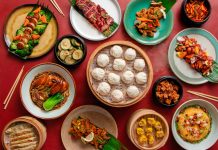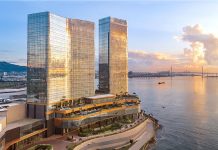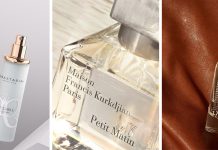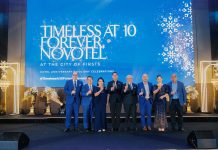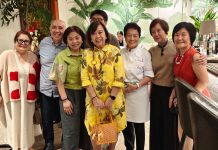The 7th National Halal Conference was held on Nov. 14-16, 2024 at the World Trade Center in Pasay, alongside a milestone happening: the 1st Halal Expo Philippines. The Department of Trade and Industry (DTI) partnered with the Department of Tourism (DOT) and the National Commission on Muslim Filipinos for the event.
The expo brought in buyers from the Middle East and various other countries to position the Philippines as a Muslim-friendly health and wellness destination. Various activities, were held, from halal awareness workshops to live cooking demonstrations, halal in the tourism industry, exhibits, and even fashion shows.
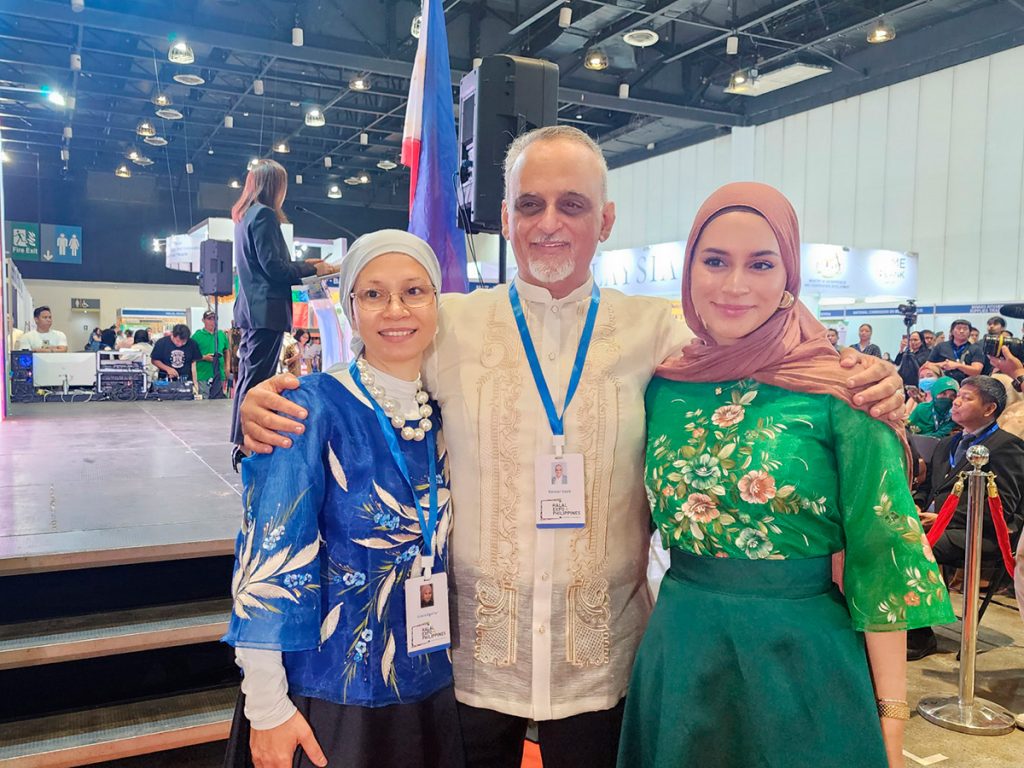
Halal Expo Philippines envisions a future where halal values bridge communities, empower informed choices, and ignite sustainable growth. The expo aspired to be the compass navigating a thriving halal ecosystem, showcasing not just food, but a tapestry of products and services woven within ethical practices. Through education and market connections, the expo aimed to unlock the potential of halal, transforming it from niche to norm, embracing both tradition and progress.
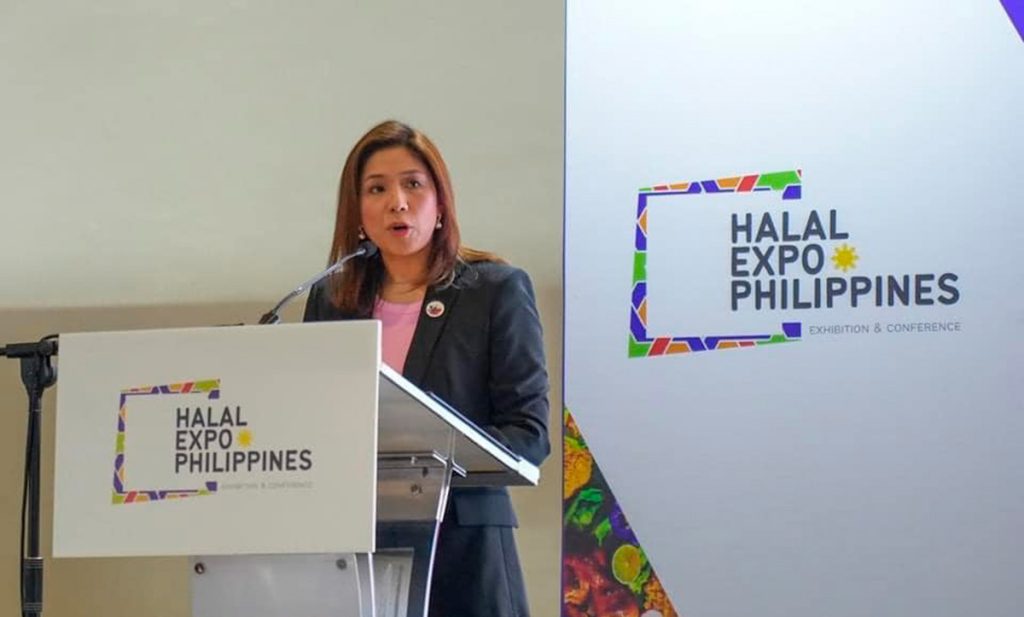
“Halal” is an Arabic term meaning “permissible,” and encompasses a wide array of products and services beyond food, including cosmetics, personal care items, pharmaceuticals, finance, and even tourism. For a product to be certified as halal, it must meet standards set by Islamic law, ensuring it is free from any prohibited ingredients or practices. This certification assures Muslim consumers that the products align with their religious values, which has driven the halal market to grow exponentially in recent years.
As a predominantly Catholic nation with a 10 percent Muslim population, the Philippines has a unique opportunity to grow in the halal sector. The government aims to secure $4 billion in halal-related investments and create 120,000 new jobs by 2028. With the country’s vast agricultural resources, particularly in coconut oil, nutraceuticals, and tropical fruits, halal-certified exports are poised to become a key driver in the Philippines’ economic growth.
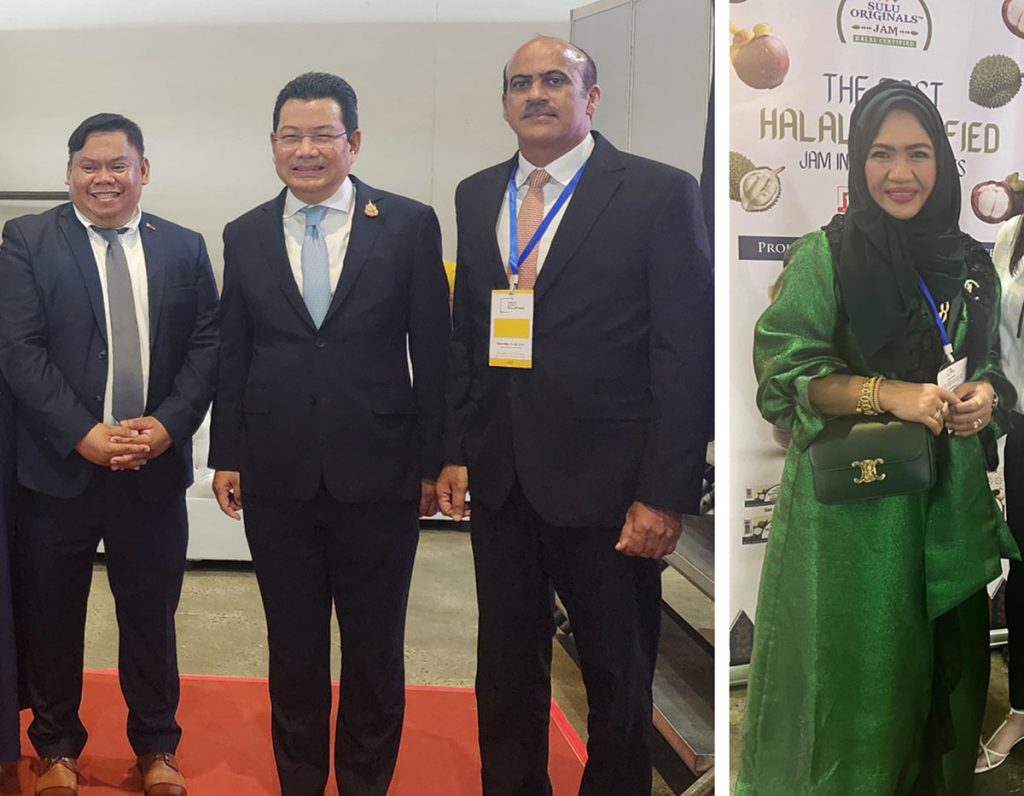
One of the most promising areas is halal-friendly tourism. Recognizing that tourism is a critical industry that suffered during the pandemic, the Philippine government is now targeting Muslim travelers by developing accommodations and attractions that cater to their needs. These efforts form part of a broader tourism recovery strategy aimed at attracting a wide range of international visitors.
The Philippines debuted at the Saudi International Halal Expo, the Middle East’s largest halal exhibition, in Riyadh last Oct. 28-30. Organized by the DTI, the “Halal-friendly Philippines” campaign featured a diverse array of exhibitors from the food and beverage industry, tourism, finance, and construction sectors. By promoting halal-certified products and services, the Philippines hopes to attract foreign investments and generate new employment opportunities in line with the government’s goal of establishing a robust halal economy.
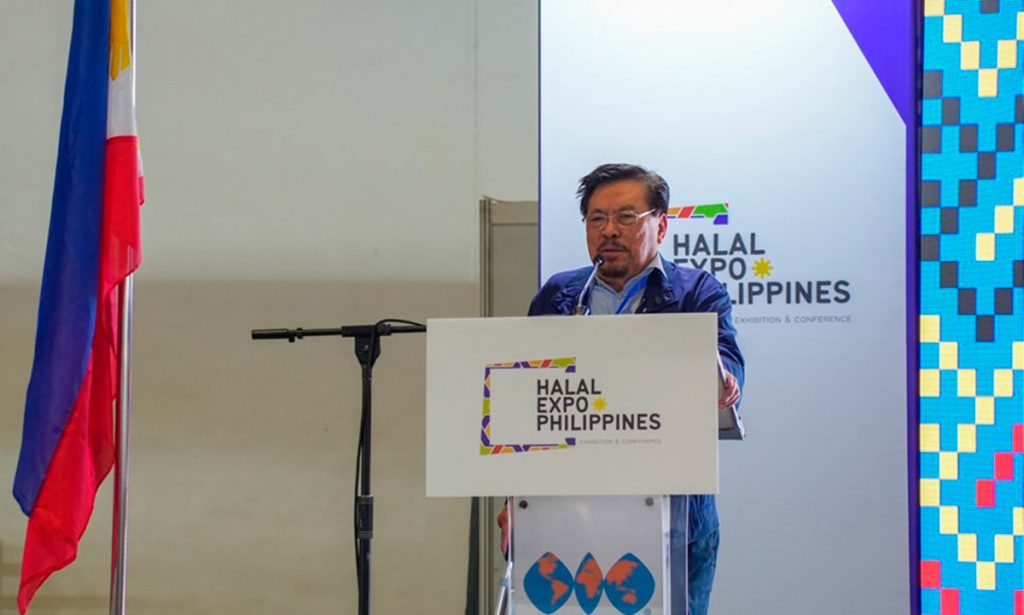
Filipino entrepreneurs made a powerful impact at the Saudi Halal Expo, marking the Philippines’ first participation in the exhibition. Among the Philippine delegation’s standouts was Jemil Araos, landscape designer and micro-exporter, whose company, Lime Tree Farm Solutions, based in Laguna, has risen as a leader in the production of lime, insulin plant, coconut, and bee-based health products. “As one of the pioneers in the industry, we pride ourselves in creating exceptional products that cater to health-conscious individuals,” Araos said. His product lineup included Organic Insulin Plant Capsules, Turmeric Juice Drink, and Propolis Drops. Meanwhile, Isagani de Ocampo, founder of Kakaw Galleon, was a former seafarer and pastry chef before he turned to chocolate-making during the COVID-19 pandemic. De Ocampo’s company celebrates the unique qualities of Philippine cacao through artisanal chocolates he calls “local imported” due to their commitment to local flavor while meeting global standards. His story of transition from an overseas Filipino worker to a homegrown entrepreneur resonates deeply with the Filipino community.
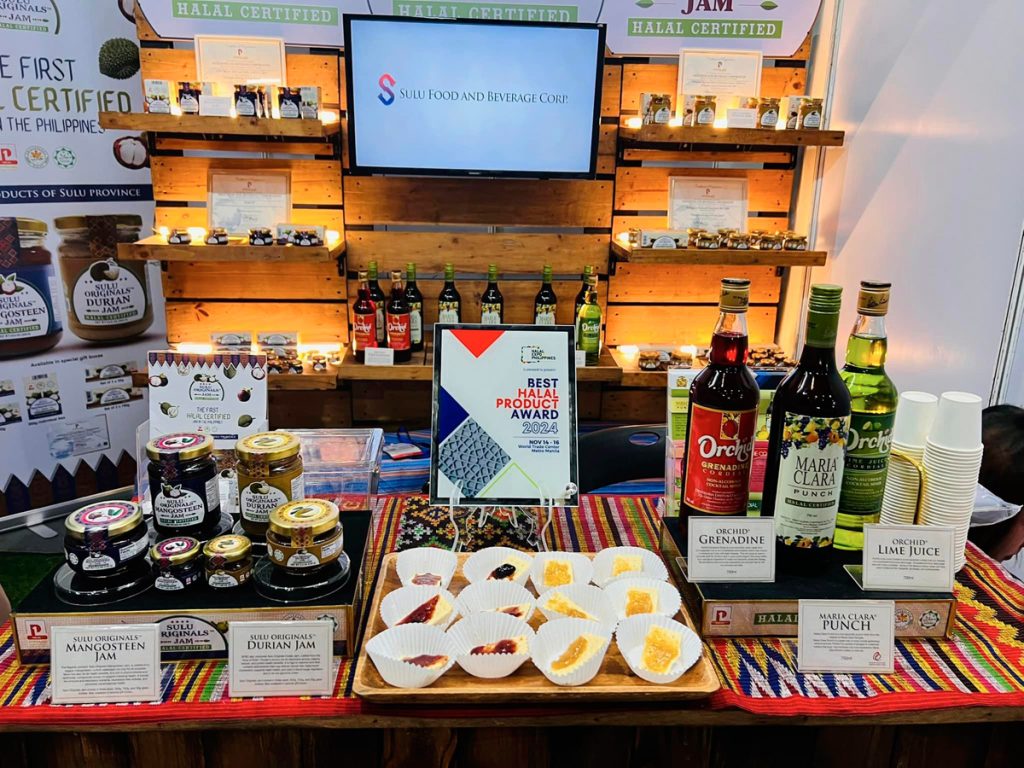
At the Halal Expo Philippines, several awards were also given out. Best Halal Product Award went to Sulu Food and Beverages, known for their bestselling mangosteen jam from Sulu farmers. Best Booth Award went to Easy Brand, while the Best Pavilion Award went to the Department of Science and Technology (DOST). Sulu Food and Beverages’ mangosteen jam was cited as a top-selling product by DTI Halal Development and Trade Office Program Manager Aleem Guiapal in an interview with DWPM Radyo 630. “The strength of the Philippines is in being an agri-based country, and there’s a demand for very tropical fruits like mangosteen,” he said. “We also have lots of land, and people with entrepreneurial skills, so many business people will be encouraged to try the halal sector.”
Halal Expo Philippines is a gateway to the fast-growing halal industry in the Asean region. This premier event served as a dynamic platform for businesses and consumers, fostering connections and shaping the future of the Philippine halal industry.
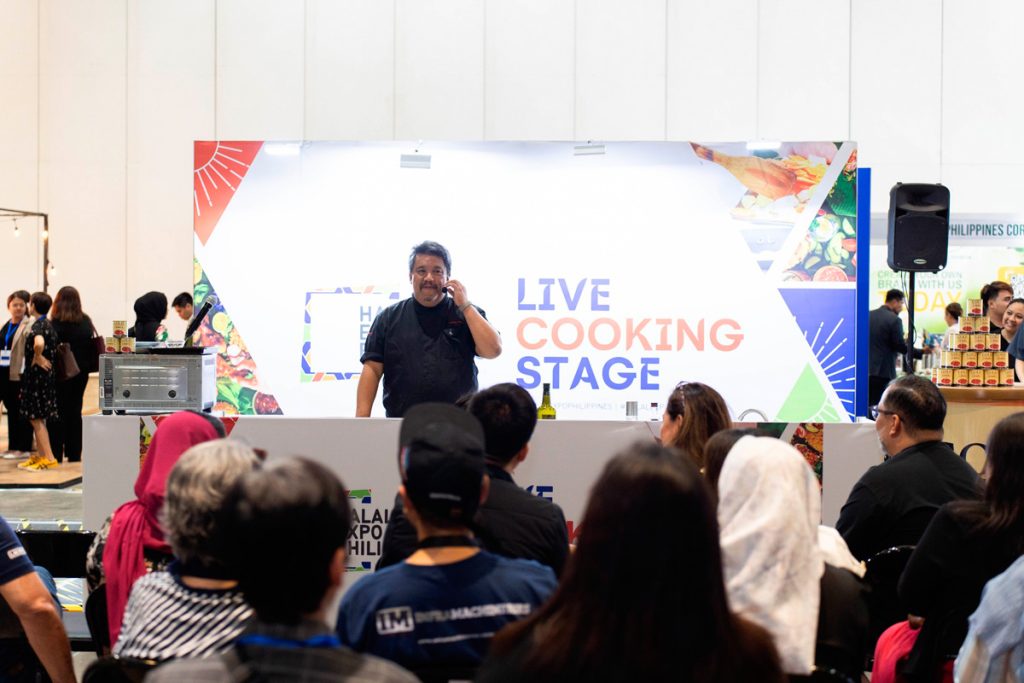
The inaugural Halal Expo Philippines was not just an event—it has become a movement, offering a unique space for industry leaders, innovators, and enthusiasts to collaborate and thrive.
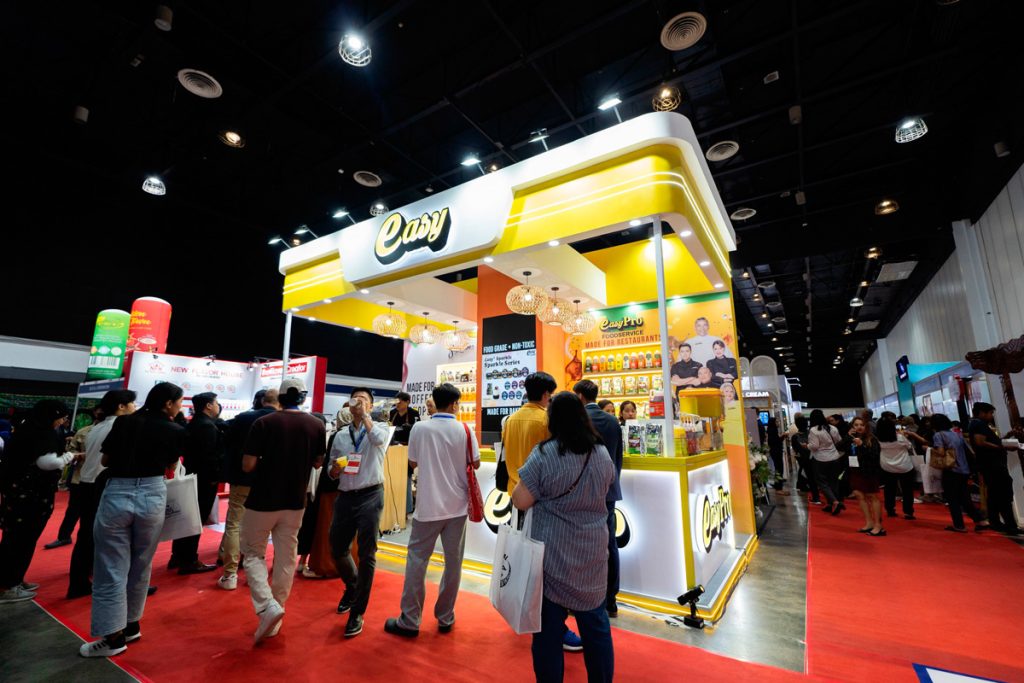
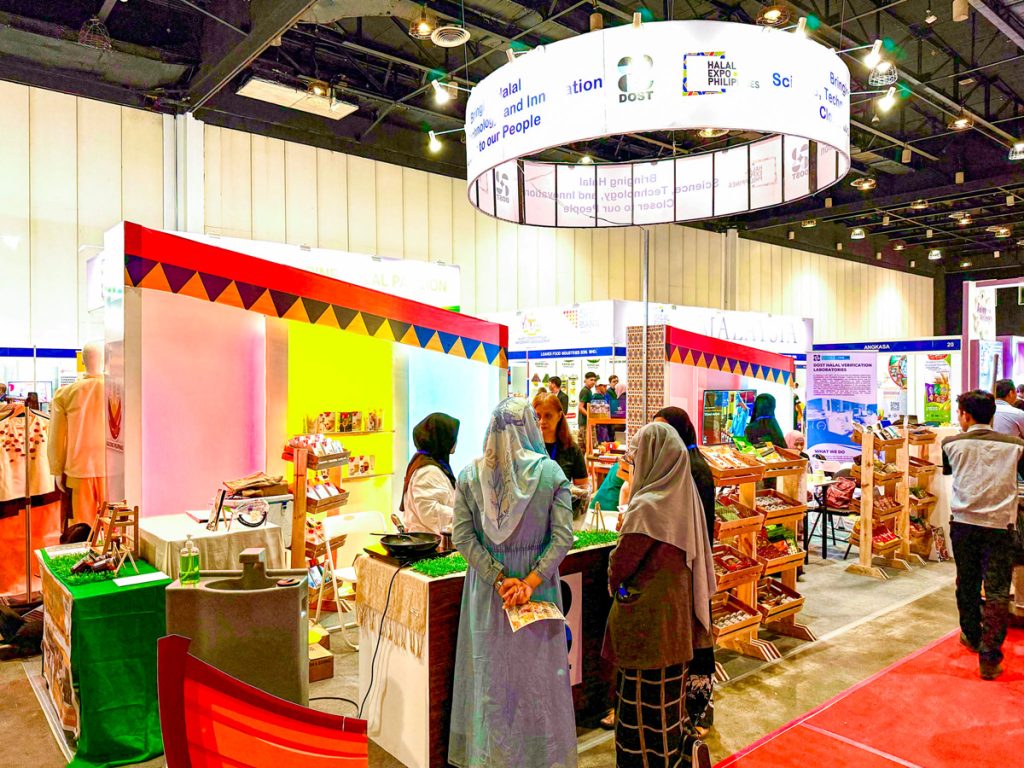
Participants in the Halal Expo Philippines got the opportunity to engage with a specialized audience of professionals and consumers keen on halal offerings within the Asean region. The event offered an avenue to broaden their market presence by connecting with a diverse group of attendees, including Asean buyers and global industry leaders; showcase halal products or services, offer tastings, and promote exclusive deals to attract and engage expo visitors; acquire valuable market intelligence by participating in educational sessions and discussions with top halal industry experts; and foster and deepen relationships with existing clients and partners through interactions at this premier Asean halal event.
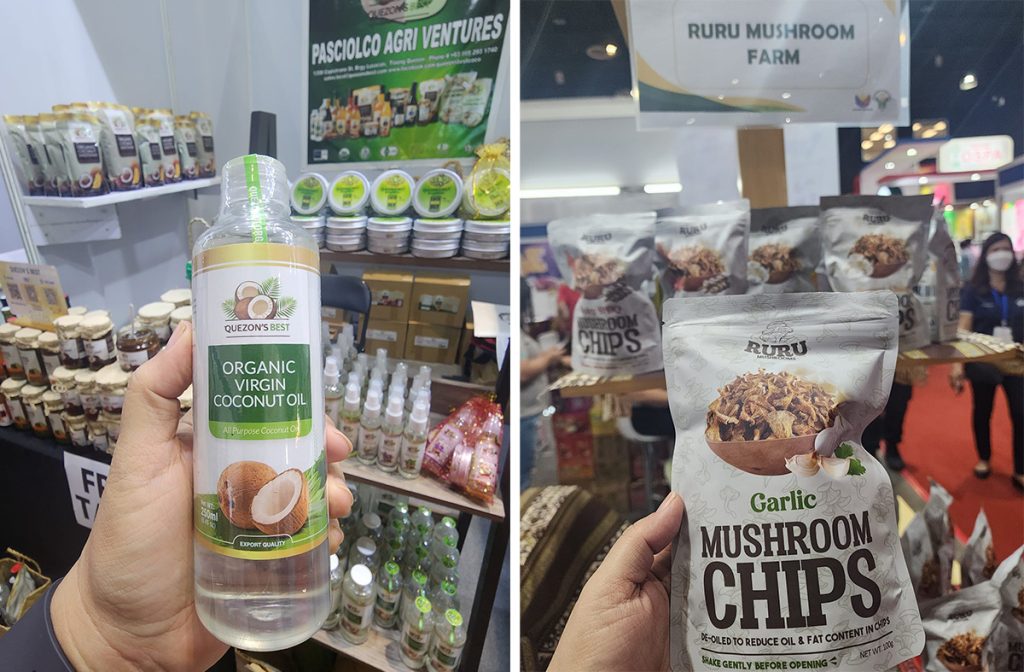
The Halal Philippines Expo 2024attracted importers and exporters, retailers and wholesalers, franchisees and franchisors, manufacturers, travel agencies and tour operators, restaurants and catering services,hotels, supermarkets and hypermarkets
investors and entrepreneurs interested in the various halal sector, business and trade associations, trade and government delegations, professionals from banking and media, embassies and heads of commercial and economic affairs, and hotels. Participants were able to explore the halal industry and discover new and innovative products and services, and learn about the latest developments in the industry. It offered the chance for networking and connections as well as gaining industry insights. Halal Expo Philippines also offered a platform for businesses to showcase products, generate leads, and make sales.
